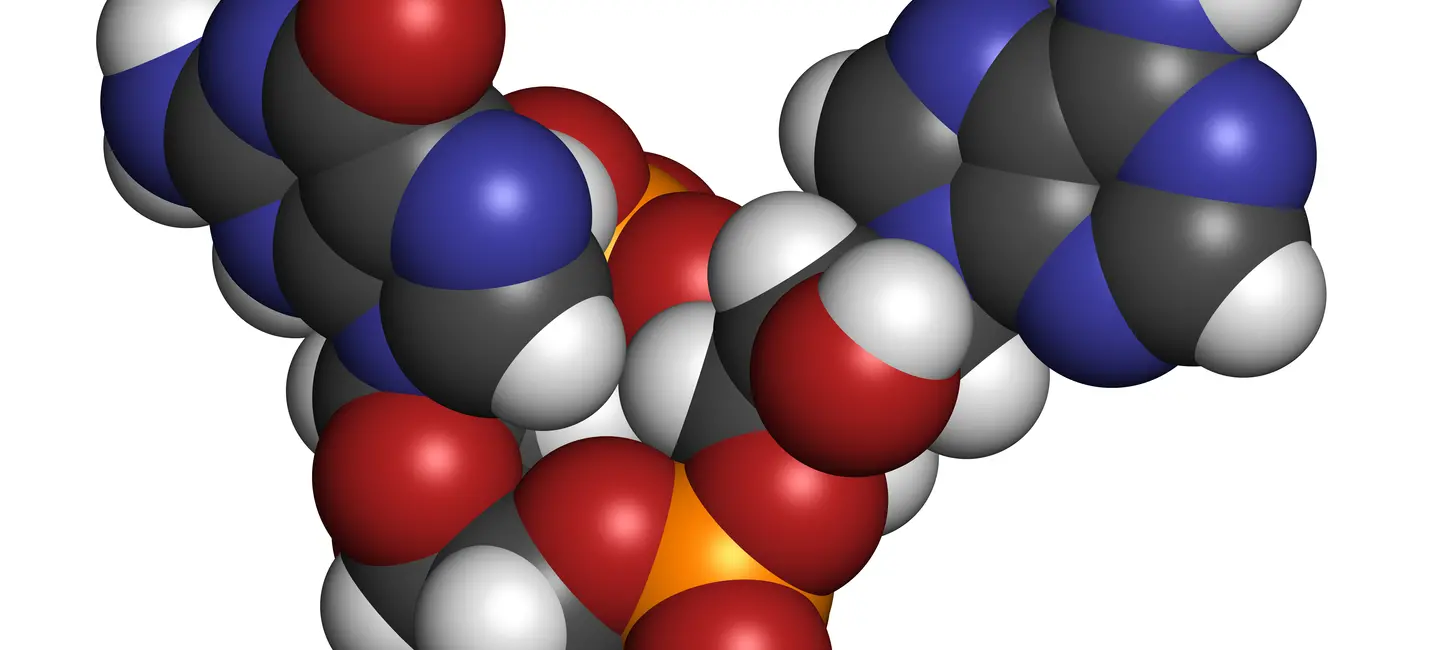
Adenosine is a chemical found in human cells. There are three different forms: adenosine, adenosine monophosphate (AMP), and adenosine triphosphate (ATP).
Adenosine blocks electrical signals in the heart that cause irregular heart rhythms. ATP might also prevent changes in energy metabolism that cause weight loss in people with advanced cancer.
An injectable form of adenosine is a US FDA-approved prescription drug for a condition involving rapid heart rate (paroxysmal supraventricular tachycardia). It is also used as a prescription drug to help measure blockages in the arteries of the heart. People also use adenosine, AMP, and ATP as supplements for athletic performance, cold sores, and many other purposes, but there is no good evidence to support these uses.
Is It Effective?
NatMed Pro rates effectiveness based on scientific evidence according to the following scale: Effective, Likely Effective, Possibly Effective, Possibly Ineffective, Likely Ineffective, Ineffective, and Insufficient Evidence to Rate.
- A heart condition marked by episodes of rapid heart rate (paroxysmal supraventricular tachycardia). Adenosine is a prescription-only IV medicine approved to treat certain kinds of irregular heartbeat. This product can only be given by a healthcare provider.
- Diagnosing heart disease. Adenosine is a prescription-only IV medicine approved to diagnose coronary artery disease. This product can only be given by a healthcare provider.
- Involuntary weight loss in people who are very ill (cachexia or wasting syndrome). Giving ATP by IV seems to improve appetite, food intake, and quality of life in people with advanced non-small-cell lung cancer and other tumors. IV products can only be given by a healthcare provider.
- Heart attack. Giving adenosine by IV or injection directly into the heart vessels during procedures for a heart attack doesn't seem to reduce death or serious complications. IV products can only be given by a healthcare provider.
- Pain after surgery. Giving adenosine by IV after surgery doesn't seem to reduce pain or the use of pain medication. IV products can only be given by a healthcare provider.
- Nausea and vomiting after surgery. Giving adenosine by IV after surgery doesn't seem to reduce nausea or vomiting. IV products can only be given by a healthcare provider.
There is interest in using adenosine for a number of other purposes, but there isn't enough reliable information to say whether it might be helpful.
Is it Safe?
When taken by mouth: There isn't enough reliable information to know if adenosine is safe or what the side effects might be.
Special Precautions & Warnings:
Pregnancy and breast-feeding: There isn't enough reliable information to know if adenosine is safe to use when pregnant or breast-feeding. Stay on the safe side and avoid use.
Carbamazepine (Tegretol)
Interaction Rating=Moderate Be cautious with this combination.
Adenosine can slow down the heartbeat. Taking carbamazepine with adenosine might cause the heart to beat too slowly.
Dipyridamole (Persantine)
Interaction Rating=Major Do not take this combination.
Dipyridamole can slow down how quickly the body gets rid of adenosine. This increases the risk for serious side effects from adenosine. Do not take adenosine if you are taking dipyridamole.
Methylxanthines
Interaction Rating=Minor Be watchful with this combination.
Methylxanthines might block the effects of adenosine. Adenosine is often used by doctors to do a test on the heart. This test is called a cardiac stress test. Stop taking methylxanthines at least 24 hours before a cardiac stress test.
Adenosine is available as a prescription-only IV medicine approved for certain conditions. When used as a supplement, there isn't enough reliable information to know what an appropriate dose of adenosine might be. Keep in mind that natural products are not always necessarily safe and dosages can be important. Be sure to follow relevant directions on product labels and consult a healthcare professional before using.
Acide 5'-adénylique, Adenine Nucleoside, Adénine Nucléoside, Adenine Riboside, Adénine Riboside, Adenosina, Adénosine, Adenosine Phosphate, Adenosine 5'-Triphosphate Disodium, Adenosine; Adenosine Monophosphate (AMP), Adénosine Monophosphate (AMP); Adenosine-5-monophosphate (A5MP), Adénosine-5-monophosphate (A5MP); Adenosine Diphosphate (ADP), Adénosine Diphosphate (ADP); Adenosine Triphosphate (ATP), Phosphate d'Adénosine.
Information on this website is for informational use only and is not intended to replace professional medical advice, diagnosis, or treatment. While evidence-based, it is not guaranteed to be error-free and is not intended to meet any particular user’s needs or requirements or to cover all possible uses, safety concerns, interactions, outcomes, or adverse effects. Always check with your doctor or other medical professional before making healthcare decisions (including taking any medication) and do not delay or disregard seeking medical advice or treatment based on any information displayed on this website.
© TRC Healthcare 2024. All rights reserved. Use and/or distribution is permitted only pursuant to a valid license or other permission from TRC Healthcare.
